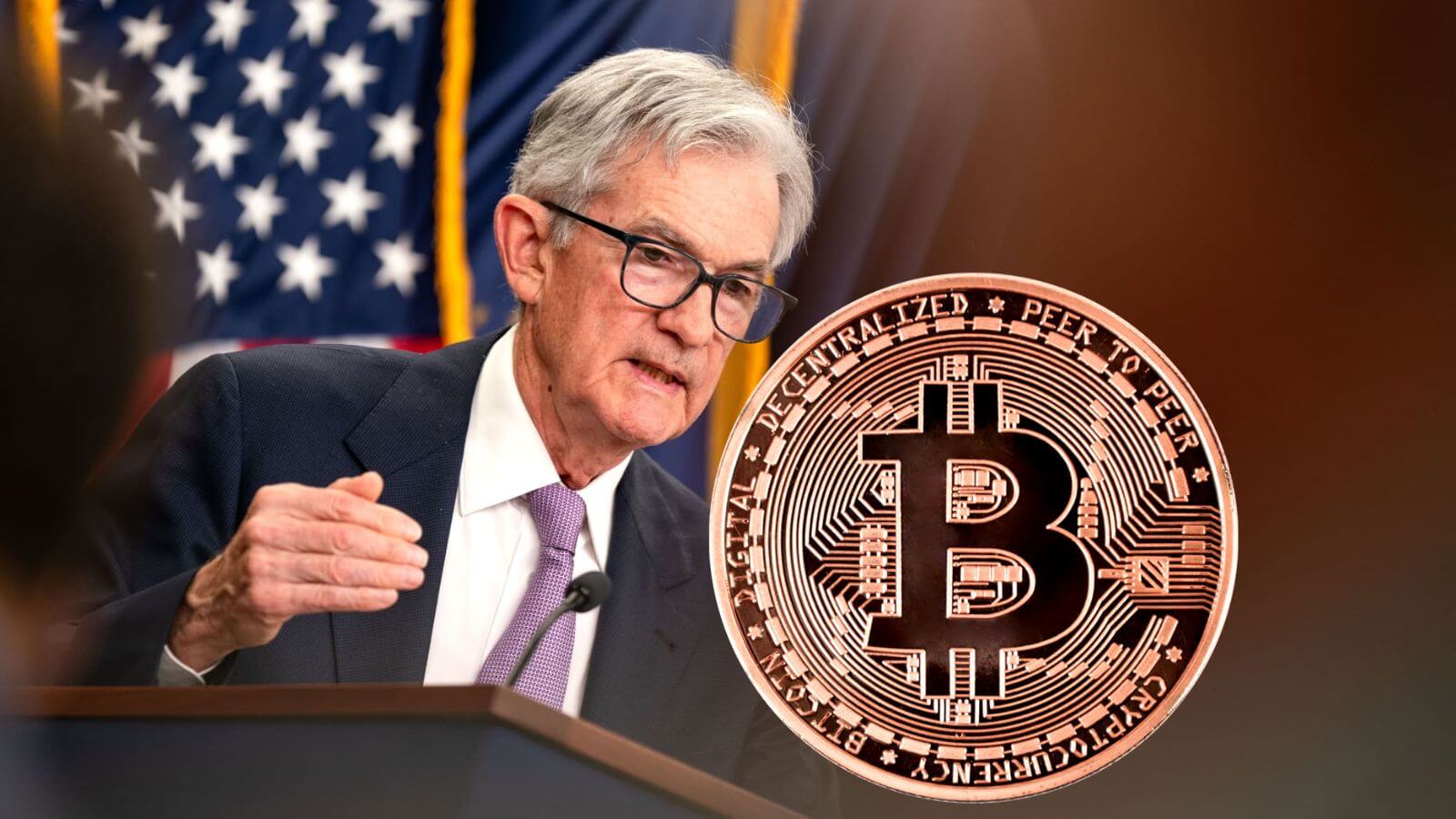There’s no easy answer when it comes to regulating cryptocurrency: lawmakers can’t agree if new regulations are necessary; the SEC says it’s simply a matter of compliance with existing law; and the industry itself just wants clarity.
Chairman Gary Gensler asserts that the majority of tokens are securities, and cryptocurrency firms must comply with existing securities laws. At his first appearance before the now GOP-controlled House Financial Services Committee in April, Mr. Gensler said that firms would benefit from compliance with the law.
“It’s the law; it’s really not a choice,” Mr. Gensler told the committee.
However, those in the digital asset industry and several lawmakers have said compliance is not that simple.
“It’s been demonstrated over and over by good actors in the crypto space that it really doesn’t work for their businesses to comply with securities laws that were really designed decades ago — in some cases 90 years ago — and designed for traditional finance where you have layers of intermediaries that just aren’t necessary when it comes to digital assets,” said Brett Quick, Washington-based head of government affairs at the Crypto Council for Innovation.
House Financial Services Committee Chairman Patrick McHenry, R-N.C., told Mr. Gensler at the hearing: “You’re punishing digital asset firms for allegedly not adhering to the law when they don’t know it will apply to them. It’s nonsensical.”
The SEC has recently pursued enforcement actions against several cryptocurrency firms, including Genesis Global Capital and Gemini Trust Company, cryptocurrency exchange Beaxy Digital Ltd., and blockchain company Terraform Labs PTE Ltd., in connection with the collapse of its algorithmic stablecoin terra and luna token.
“(The SEC refuses) to provide clarity on rules that crypto firms can comply with,” Ms. Quick said. “So their approach has, for years now, just been to tell firms after the fact that they’ve violated rules that weren’t clear from the get-go.”
When asked for comment, the SEC’s director of media relations referred to Mr. Gensler’s op-ed, published March 9 in The Hill.
“I find the talking point that there’s a lack of clarity in the securities laws unpersuasive,” Mr. Gensler wrote in the op-ed. “Some crypto companies might message that the laws are unclear rather than admitting that their platforms don’t have sufficient investor protection.”
Separately, the Commodity Futures Trading Commission has called on Congress to pass legislation giving the agency authority to regulate the digital commodity market. At a Senate Agriculture Committee hearing in December, Chairman Rostin Behnam told lawmakers that “without new authority for the CFTC, there will remain gaps in a federal regulatory framework.”
Ultimately, achieving a clearer regulatory landscape would lead to a significant jump in institutional adoption of crypto, according to Greg King, Fairfield, Conn.-based founder and CEO of Osprey Funds, a digital asset investment firm with $120 million in assets under management.
“I think it would open the floodgates, really, because that is the one of the main barriers here,” he said.
Credit: Source link















































